Dietary Supplement Quality:
Dietary supplements are supposed to be designed to support wellness and while many manufacturers strive to provide safe, quality ingredients; not all do. Quality in vitamins and supplements is not one in the same. In the United States, supplements aren’t regulated as rigorously as prescription medications. This can lead to differences in supplements produced by different manufacturers. Ingredient quality and sources may be highly differential between products produced by one company and another.
“Natural” Isn’t Always a Green Light
Supplements are known to be marketed with certain qualities which are meant to convince the buyers that it is of good quality or purity. An example of this would be “All Natural Ingredients” or “100% Natural.” While this may be their claim, that doesn’t guarantee it to be (a) true or (b) safe. Due to the way that laws regarding the use of “Natural Ingredients,” it is highly possible for the ingredients to not in fact be natural in the sense you may be thinking. And if it is all natural, it doesn’t guarantee it is not able to cause adverse effects as taking high amounts of certain things can cause problems such as upset stomach. Especially if you aren’t used to taking that particular substance.
Beware of Extracts
Standardization is a process that manufacturers may use for extracts to ensure that all of their batches have similar doses. Non-standardized products may have doses inconsistent with the label, which can impact consumer safety. U.S. law does not require dietary supplements to be standardized, so it’s important to check the label of any extract-containing products.
Lack of Oversight
While manufacturers are responsible for insuring that their products are safe and comply with certain regulations such as labeling and quality, this does not guarantee that all boxes have been checked. Supplements are not pre-approved by the FDA (Food and Drug Administration) for evidence of their safety or effectiveness. This leaves room for bad practices when it comes to quality of ingredients and improper production practices. When it comes to natural substances, in many cases a single plant contains various different components (such as roots, leaves, flowers, etc.). In many cases a particular part of the plant may be the part that provides the beneficial nutrients. And while the manufacturer may claim to include the expected part as their ingredient, their production practices could be focused on profits over quality. If this is the case, then you could be receiving large portions of roots when the beneficial component may be leaves. They could still label the product for the included ingredient, but it may be largely composed of less than valuable portions of the desired substance.
The Importance of Quality
There are a vast amount of supplements available in the consumer market, and it is important that you choose one with high-quality ingredients. Higher quality supplements help ensure your safety and achieve the desired results and health benefits of the substance you are paying for. The more transparent that a manufacturer is about their process of producing the product, the health claims they utilize, and the ingredient sourcing they adhere to. Third-party certifications can also help when determining quality such as Certified Organic or Non-GMO certifiers. While its not always possible to tell for certain, there are reputable brands available, and while they may be more costly, it can be important in your health journey to put in your due diligence. And that money spent upfront can save you a significant amount more than going to the hospital in the future.


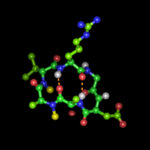











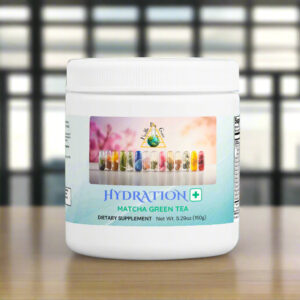
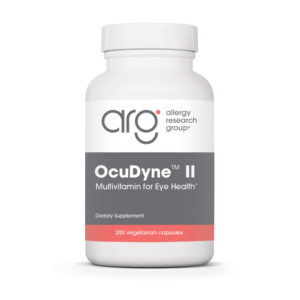

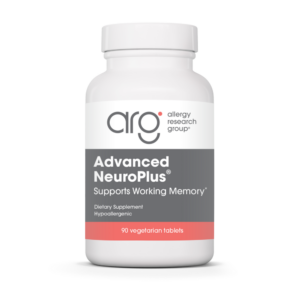
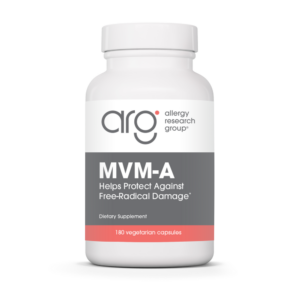
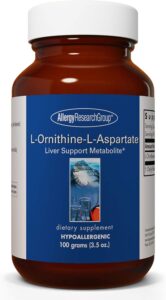
Leave a Reply